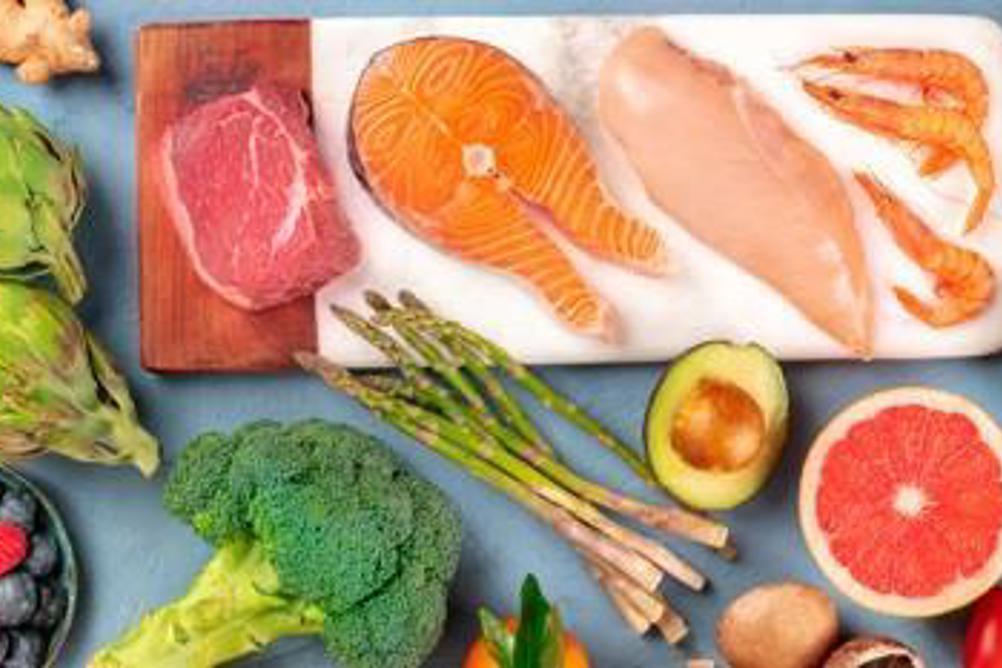
Temporomandibular disorder (TMD), a set of conditions characterised by pain and discomfort in the temporomandibular joints (TMJs), can compromise nutritional status. A person with TMD may find it too sore to bite and chew, so will eliminate certain foods and instead eat a ‘soft’ diet, which although adequate initially, may not provide the range of nutrients needed to stay healthy in the long term. Particularly if they’re elderly, or rehabilitating from illness or surgery, poor nutrition can lead to other problems, exacerbate existing ones and impede recovery.
Mild or moderate TMD can come and go and is generally eased with simple strategies, such as taking over-the-counter pain relief or applying heat or cold to the area. Some conditions that fall under the TMD term, however, can significantly affect a patient’s quality of life, such as trismus, when a person is unable to open their mouth wider than 35mm. This is one example of when TMD can make mastication painful, perhaps unbearably. A patient’s enjoyment of eating will often be diminished, too. Even after their TMD has improved, a lack of pleasure in food may remain. This is also a social issue as it can prevent someone from living life to the full, impacting their emotional well-being.
Register now to continue reading
Thank you for visiting Dental Nursing and reading some of our resources. To read more, please register today. You’ll enjoy the following great benefits:
What's included
-
Up to 2 free articles per month
-
New content available
Already have an account? Sign in here
